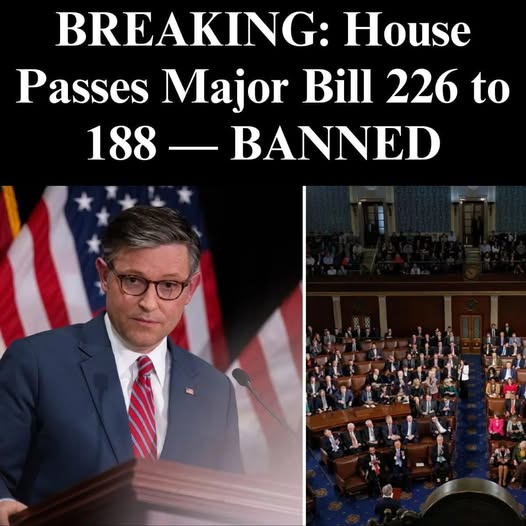
By passing the “Protecting American Energy Production Act” 226–188, the Republican-controlled House sought to stop future administrations from outlawing oil and gas production without the consent of Congress. According to the bill, the president cannot impose a moratorium on hydraulic fracturing, or fracking, unless specifically approved by Congress.
The bill, which was introduced by Representative August Pfluger (R-TX), addresses worries about possible fracking prohibitions under President Biden. Pfluger emphasized that domestic energy independence has been negatively impacted by Biden’s energy production limits, which include a ban on drilling across 625 million acres of offshore and coastal waters. He maintained that the administration’s actions raise American families’ energy expenses and increase dependency on foreign oil.
If the bill is passed into law, it will prevent future executive restrictions on fracking by requiring legislative approval. Democrats oppose it, citing environmental concerns, while Republicans see it as a check on executive power.
Relatedly, in an effort to loosen regulations on domestic energy development, Interior Secretary Doug Burgum has started internal assessments of the Biden administration’s energy policies. This is part of a larger Republican push to increase domestic energy output and loosen regulations.
Now that the bill is in the Senate, its future is still up in the air. If approved, it will strengthen Congress’s control over oil and gas production and drastically limit the president’s power over energy policy. Environmental policy and energy independence continue to be hot topics in public discourse.






